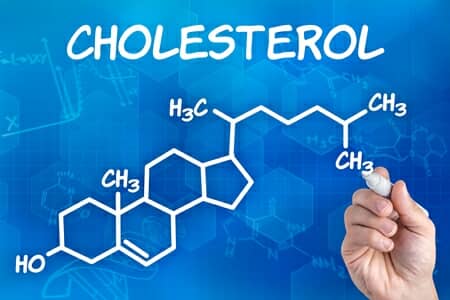
Did you know you could be at a higher risk for heart attack and other cardiac events if you have both high levels of HDL “good” cholesterol and high levels of C-reactive protein?
While a high level of HDL cholesterol is generally associated with protection against heart attacks, a study led by Dr. James Corsetti at the University of Rochester School of Medicine and Dentistry shows suggests this combo can put you at greater risk for a heart attack.
Why HDL and C-Reactive Protein Increase Your Risk for Heart Attack
Here’s why: Normally, HDL cholesterol acts as a “garbage truck” in your body, carting off sticky little LDL particles that can clog up your arteries and set you up for heart disease. But what research suggests is that when inflammation is present—as measured by CRP—HDL cholesterol doesn’t function as it should.
The first thing you want to do is get your CRP levels tested. If your CRP level is above 1.0 mg/L, you want to take the following steps to lower it, along with your risk for heart attack:
1. Reduce your weight to a healthy level. Fat cells are not just a parking lot for excess calories but are metabolically active, churning out hormones and inflammatory chemicals. Excess body fat, especially in the abdomen, closely correlates with chronic inflammation.
2. Eat a high-fiber diet with plenty of antioxidant-rich fruits and vegetables, as well as healthy fats from olive oil and cold water fish.
3. Reduce your intake of trans-fats, as well as refined carbohydrates.
4. It’s also important to exercise and take a high-potency multivitamin and mineral supplement that contains vitamins A, C, and E, selenium, and beta-carotene.
Now It's Your Turn: What do you do to lower your risk for heart attack?


